Soulsville
© Stephanie GengottiMost of the music we listen to, even the most unsuspected Pop, has roots in the Blues; the Blues is black and was born in that historical-social circumstance in the deep South of the United States along the Mississippi River, which gave full power to a group of wealthy Americans dedicated to the exploitation of African slaves for an exhausting job in the cotton fields. No white gentleman would have ever suspected that the prayers of the Gospel songs of men and women without rights, would then have evolved into the first Blues recorded on 78 rpm vinyls. It is Memphis to be the fourth black majority US city, and it is always Memphis to boast the presence of two recording studios that have become part of the legend of world music: Stax Records and Sun Records, monumental buildings that have consecrated stars of the caliber of Otis Redding , Wilson Pickett, BB King, Elvis Presley, Jerry Lee Lewis.
So Memphis is, without any doubt, the homeland of the Blues, Soul, and Rock & Roll of the 50s. Every evolution and style must, consider the fundamental graft of that African American culture, daughter of the first slaves, that influenced the musical language of the following decades, and which still today, represents a model of profound artistic inspiration. Beale Street is the Street of the Blues and R&B clubs, where it is possible to live the great experience of those roots that changed the very meaning of history. Walking through Memphis is a journey back in time, where houses, streets and signs keep intact the retro flavor of that poetic era of the Blues.
Soulsville is the blackest neighborhood in the city, it has a mural of the same name and is situated a few hundred meters from the Stax Records Studios, which has now become a museum and an important Music Academy. Memphis was also the dramatic scenario for the death of Martin Luther King. Martin Luther King represents the indelible icon of one of the greatest characters of the twentieth century fighting for ethics, civil rights and for the abolition of racial discrimination. He was killed in April 1968 while speaking in support of the Sanitation Workers from the balcony of his room at the Lorraine Motel. Memphis exudes black culture, with a past that marks its present, where non-profit organizations such as Girls Inc. teach young African American women to become 'Strong, Smart and Bold'. The Gospel never stopped singing its religious hymn, among the bright colors of the clothes of ladies celebrating in the multitude of a screamed, ballad faith; there is no personal spiritual recollection, all are part of an incredible show of music and dance with the sole aim of uniting one's souls in a single contagious cry.

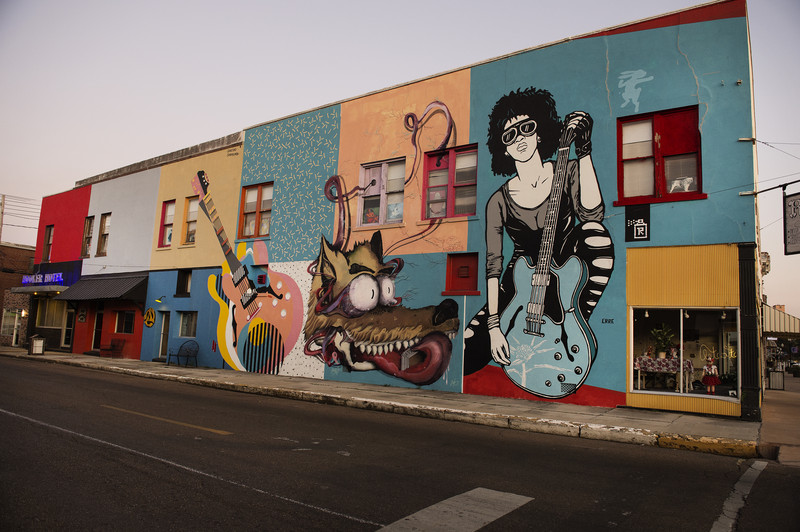
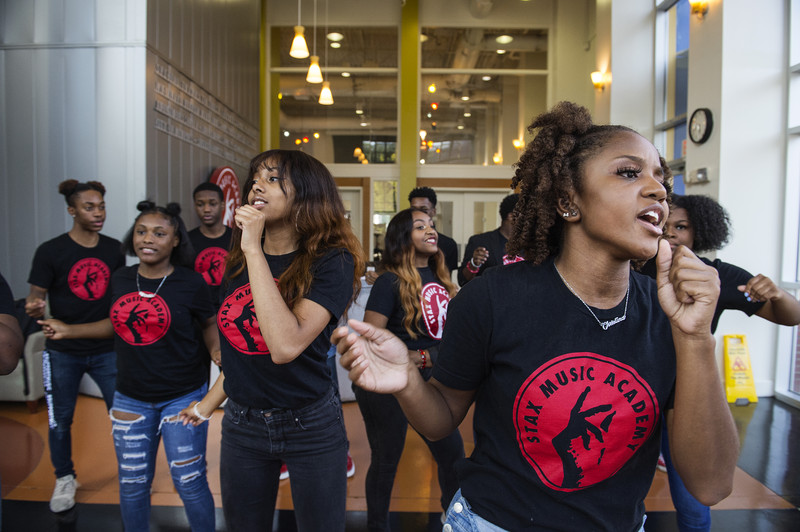
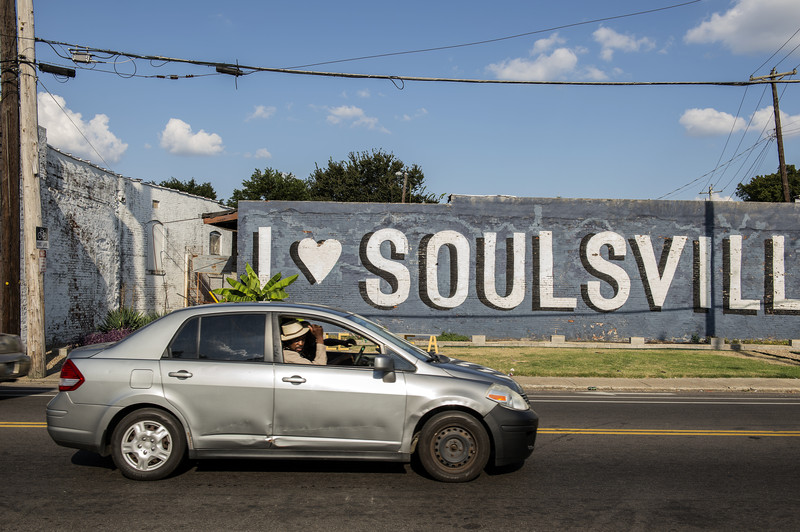
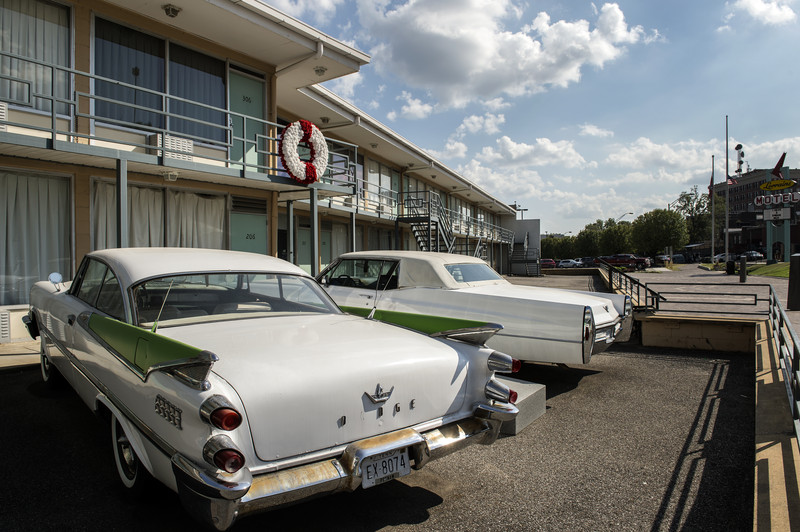

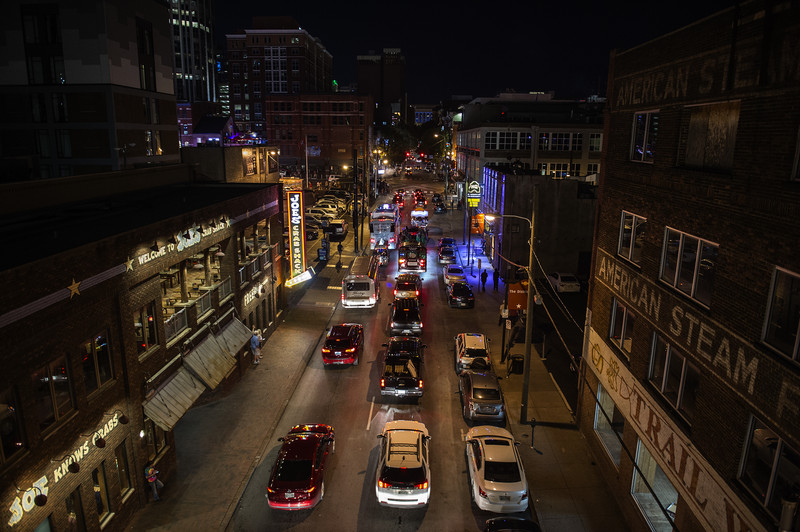
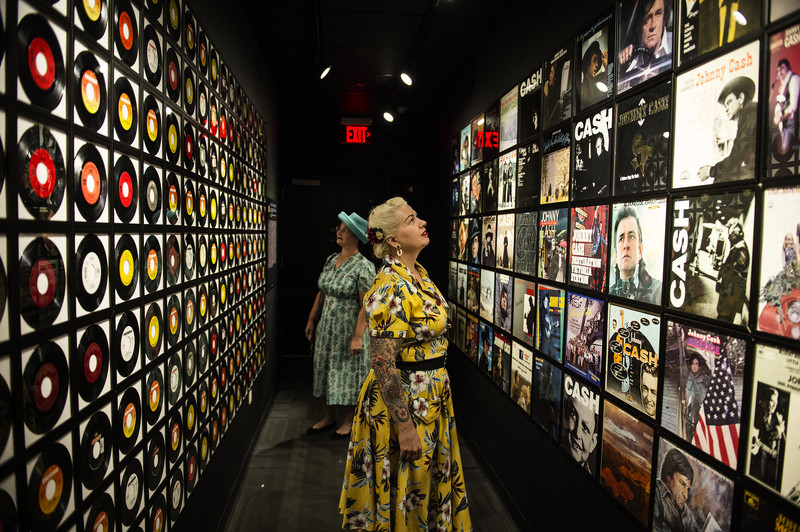

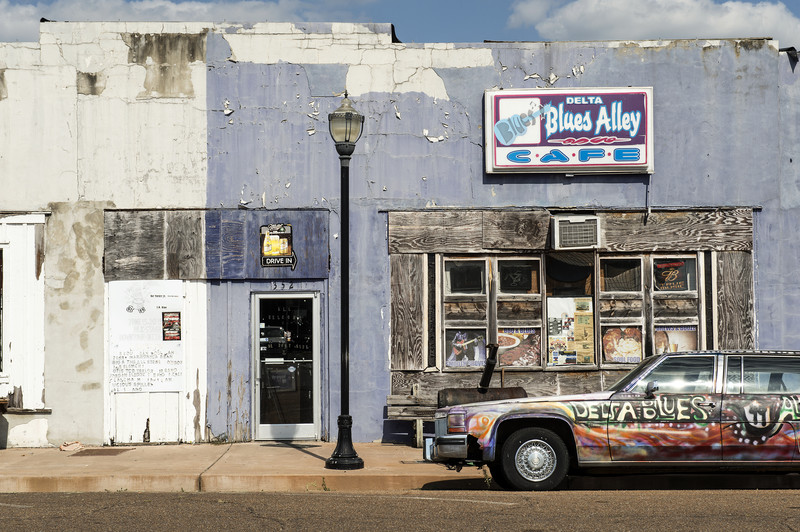

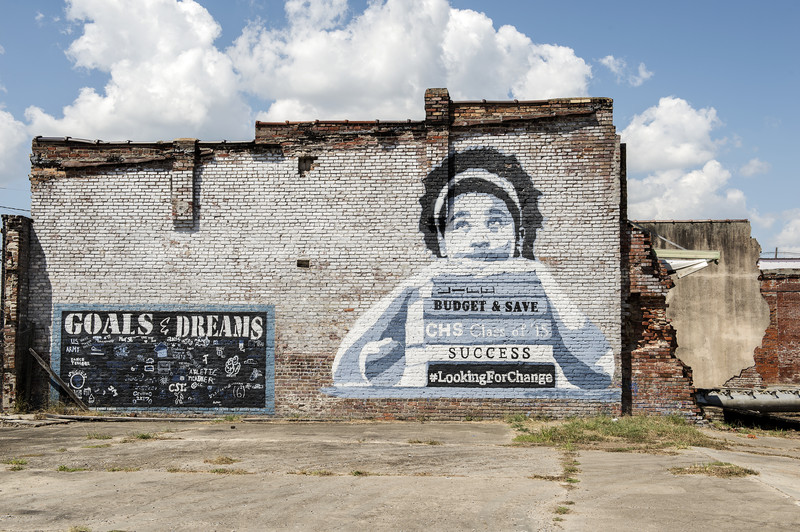
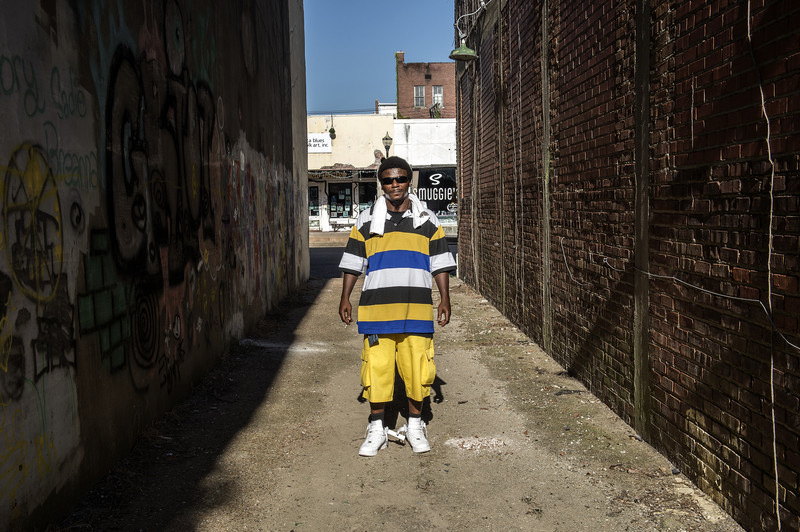
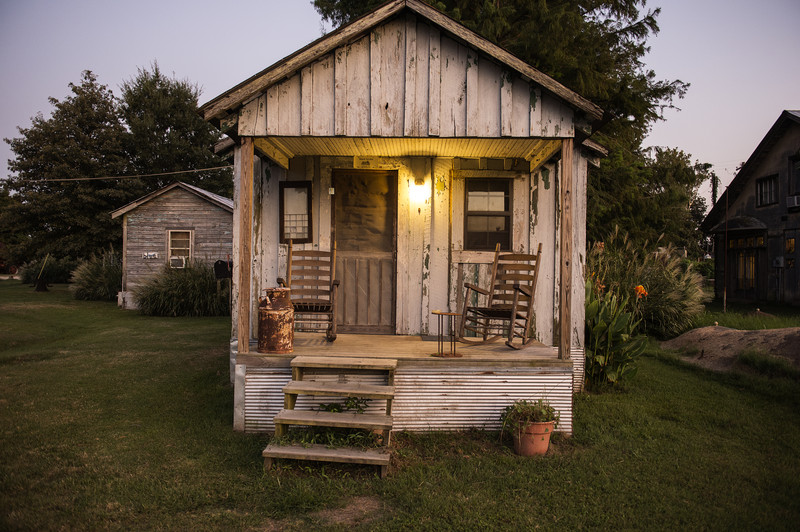

Al Green, Soul icon of the 70s, is now a pastor, and has founded a community of prayer where the Gospel culture is expressed in the wildest passion of an uncontrollable and enveloping faith. Being lucky enough to attend a Gospel mass at least once in a lifetime means remembering a profound experience. This is Memphis, with its Blues, the Gospel communities; is the legend of timeless musical stars, is the cry of African American culture, which began in the Shakes, the small slave houses near the cotton plantations, still intact, rebuilt as tangible witnesses of a past still so alive in the eternal city of Blues.
If Memphis is black, Nashville, the capital of Tennessee on the banks of the Cumberland River, is the cradle of the country. His radio show, Grand Ole Opry, has existed since 1925, an unprecedented record. Nashville is home to one of the largest guitar manufacturers: Gibson. You can't visit Nashville without going through the Johnny Cash museum, a practically obligatory stop: his music and many of his memorabilia inside a building that tells the man and the artist, on a journey between Folk and memories of a character who contributed greatly to the change of an era. Nashville, named 'City of Music', envelops you in the roar of an immortal sound that is part of our collective imagination when we think of the fuss and the dances under the big hats, in the traditional clubs of that white America of the Country, so far from us, and in any case an icon of a world that we have at least imagined.
click to view the complete set of images in the archive
